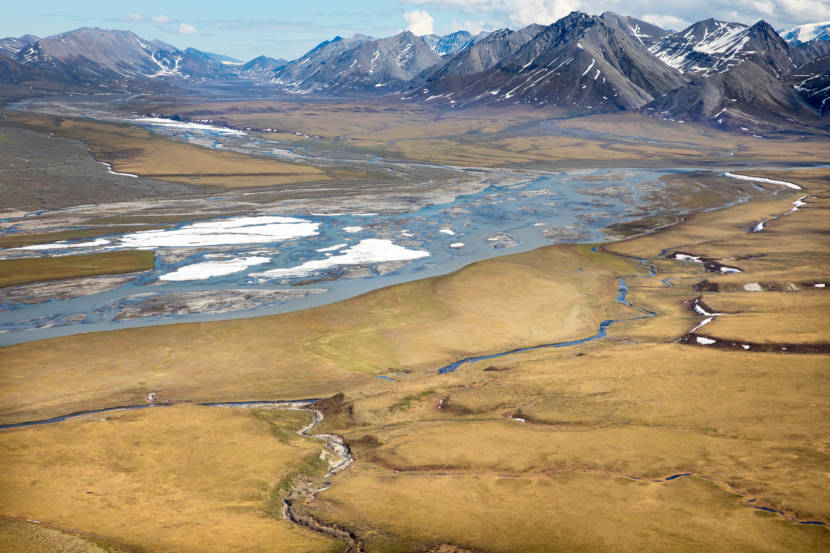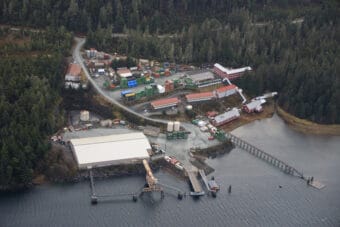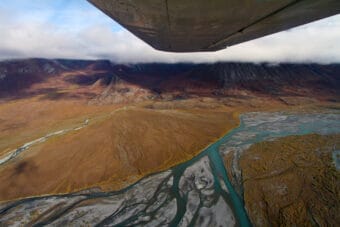
The last remaining private company that bid in last year’s controversial Arctic National Wildlife Refuge lease sale has pulled out of its lease.
It’s another blow for drilling advocates hoping to develop the northernmost slice of the refuge, called the coastal plain, in northeast Alaska. Environmental groups celebrated the news Monday.
Knik Arm Services was one of just two small companies that each picked up a single tract in the last-minute lease sale the Trump administration arranged in January 2021, days before leaving office. The other company, Regenerate Alaska, a subsidiary of Australia-based 88 Energy, canceled its lease a few months ago.
The only other bidder was the state-owned Alaska Industrial Development and Export Authority, or AIDEA, which picked up seven tracts.
The development process was halted almost immediately when President Biden took office. Biden placed a temporary moratorium on development in the refuge the day he was inaugurated, and a few months later, suspended the leases while the Interior Department conducts an environmental review. AIDEA sued the Biden administration over the decision last November.
Knik Arm Services owner Mark Graber said it no longer felt worth it to hold onto the lease amid the legal battles.
“It’s become apparent with this stop work order that it could extend into years, especially assuming AIDEA’s lawsuit drags on indefinitely,” he said. “It was time to move on to better opportunities.”
Graber said Knik Arm Services paid about $2.1 million for the tract. He said the Bureau of Land Management has accepted a request to terminate the lease and will issue a full refund.
BLM has not yet replied to a request for comment.
The refuge has been the subject of significant controversy for decades. The coastal plain potentially sits atop billions of barrels of oil, and some Alaska politicians have fought to open it to drilling for decades. But Indigenous groups, including Gwich’in communities, have long fought against oil drilling in the coastal plain because it is a calving ground for caribou, a subsistence animal. Environmental activists argue that expanding fossil fuel development will worsen the impacts of climate change.


